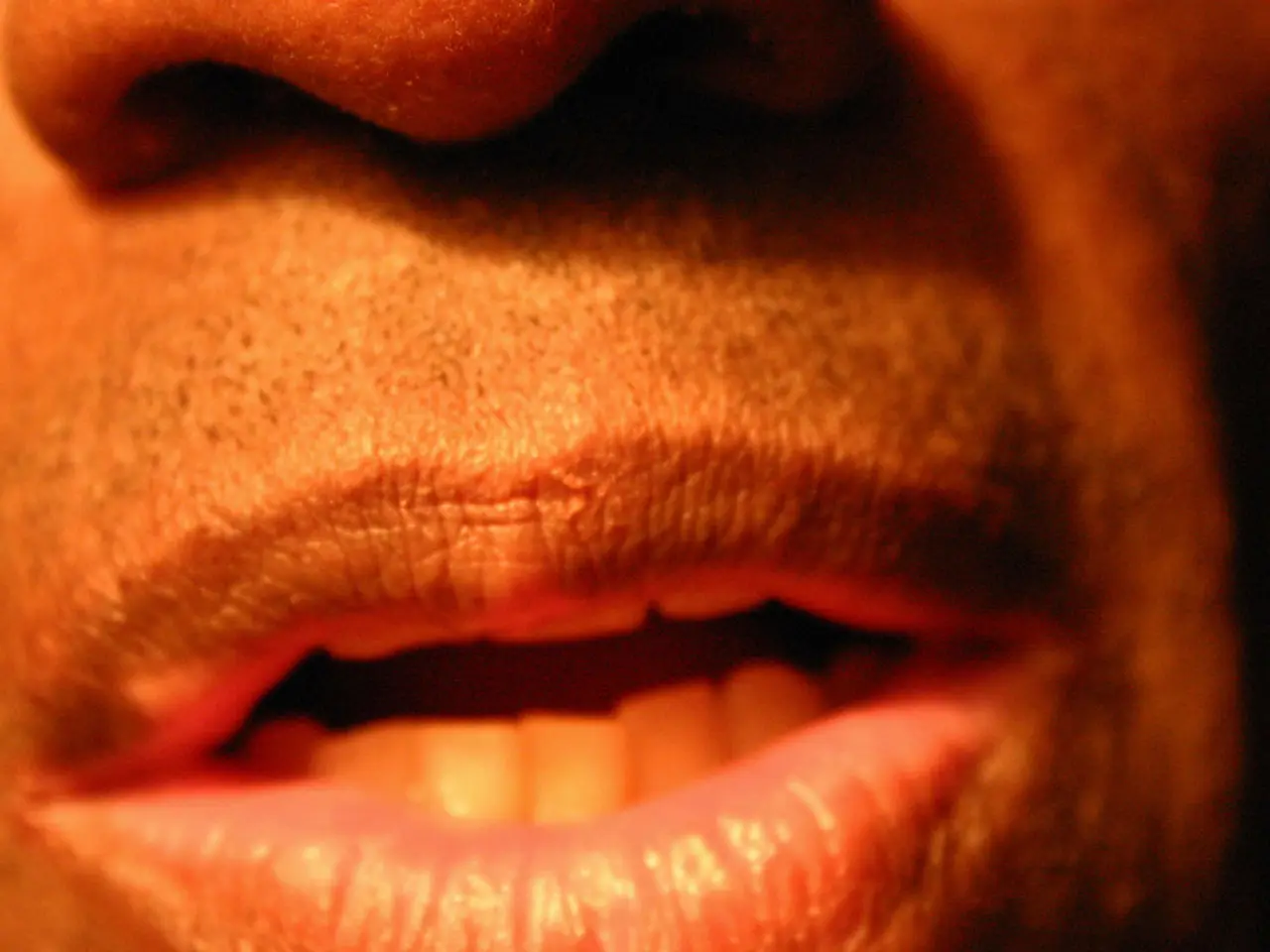Understanding when a nosebleed warrants concern
A nosebleed, or epistaxis, is a common occurrence that usually resolves on its own. However, there are certain situations where seeking immediate medical attention is necessary. Here's a summary of expert guidelines and urgent care recommendations to help you determine when to seek help.
Nosebleeds can be categorized as anterior (front) or posterior (back), with posterior nosebleeds more likely to require medical treatment. These bleeds can be caused by various factors, including picking the nose, blowing the nose too hard, dryness, swelling and irritation, a foreign body in the nose, nasal allergies, severe trauma, bleeding disorders such as hemophilia, blood-thinning medications like heparin, genetic conditions like Von Willebrand's disease, extremely high blood pressure (hypertensive crisis), and head and neck cancer.
If a nosebleed lasts longer than 15 to 30 minutes, it's advisable to seek medical attention. This is especially true if the bleeding persists despite applying firm pressure for 15-30 minutes, results in swallowing a lot of blood, causes weakness or trouble breathing, or interrupts day-to-day activities.
Other situations that warrant medical attention include:
- The bleeding is heavy, soaking through gauze repeatedly or not controlled by standard first aid.
- The nosebleed occurs after trauma, especially with signs of head injury, nasal deformity, or facial fracture.
- You experience severe or unrelenting pain, fever, swelling, or signs of infection following a bleed.
- You feel lightheaded or dizzy during or after the nosebleed.
- You have underlying conditions such as blood clotting disorders or are on blood-thinning medications and the bleeding won’t stop.
- The bleeding is recurrent or accompanied by other symptoms that raise concern, or if you feel unsure or worried about the severity.
In general, first aid involves sitting upright with your head slightly forward and pinching the nostrils firmly for at least 10-15 minutes. If these steps do not stop the bleeding and it continues beyond 15-30 minutes, timely medical evaluation is recommended. Urgent care or emergency services can provide medical-grade interventions to control bleeding and assess underlying causes.
This guidance synthesizes expert medical standards and urgent care recommendations as of mid-2025. It's essential to remember that while this article provides a general overview, individual circumstances may vary. If you have concerns about a nosebleed, it's always best to consult with a healthcare professional.
- Nosebleeds can signal underlying disorders such as arthritis, psoriatic conditions, other nasal disorders, or even chronic diseases like cancer.
- Science has made significant strides in understanding and managing various health-and-wellness conditions, including nosebleeds, chronic diseases, cancer, respiratory conditions, digestive-health issues, eye-health problems, and hearing impairments.
- Regular sleep is crucial for overall health, as it allows your body to heal and can prevent issues stemming from sleep deprivation, like mental-health issues and cardiovascular-health concerns.
- Workplace-wellness programs focusing on mental-health, fitness-and-exercise, sexual-health, and autoimmune-disorders can create healthier and more productive work environments.
- A balanced diet rich in nutrients, fruits, and vegetables is crucial for maintaining digestive-health, aging gracefully, and managing weight-management goals.
- Nutrition plays a vital role in skin-care, as a consistent diet can contribute to healthier skin.
- Therapies-and-treatments such as meditation, acupuncture, and counseling can help manage both physical and mental-health conditions, from anxiety and depression to chronic pain and digestive issues.
- Mental-health concerns, like stress, depression, and anxiety, are becoming increasingly recognized as important issues in men’s health and womens’ health alike.
- Caring for one's hearing is just as essential as other aspects of health, with hearing loss common in aging populations.
- Parenthood can present challenges in managing health-and-wellness, such as prioritizing self-care, maintaining a balanced diet, and ensuring proper nutrition while caring for children.
- Skin-conditions, like acne, eczema, or rashes, can severely impact self-esteem and necessitate proper treatment and care.
- Neurological-disorders, like Parkinson's Disease, Alzheimer's, or multiple sclerosis, require ongoing treatment and management to maintain quality of life.
- General news outlets often report on medical-conditions, research, and breakthroughs in fields like cancer, autoimmune-disorders, and mental-health.
- Crime-and-justice can intersect with health-and-wellness, as incarceration can lead to worse outcomes in terms of physical and mental health, as well as substance abuse.
- Accidents, whether on the road, at home, or in the workplace, can lead to a wide range of injuries affecting various facets of health, requiring immediate attention and proper treatment.
- Medicare coverage is available for many medical-conditions and treatments, but navigating the system can be challenging, requiring knowledge of specific benefits and eligibility criteria.
- CBD oil has gained popularity as a healing agent, with potential applications in managing chronic pain, anxiety, and even certain neurological-disorders.
- Efforts to promote health-and-wellness, such as fitness-and-exercise programs, mental-health resources, and educational campaigns, should be supported to create a healthier society for all, regardless of gender or age.




